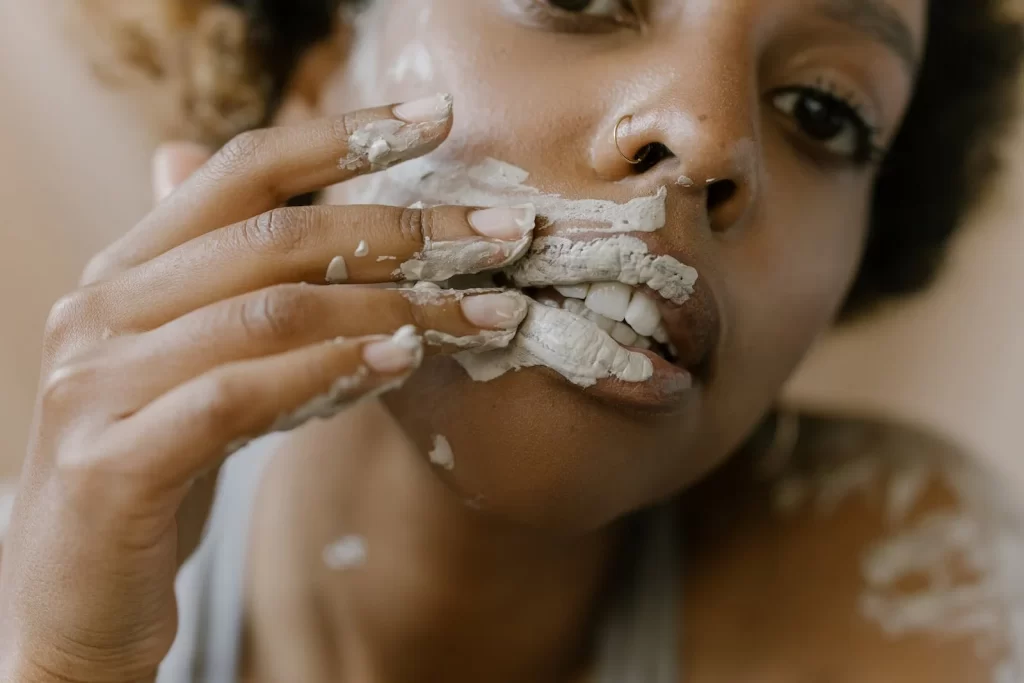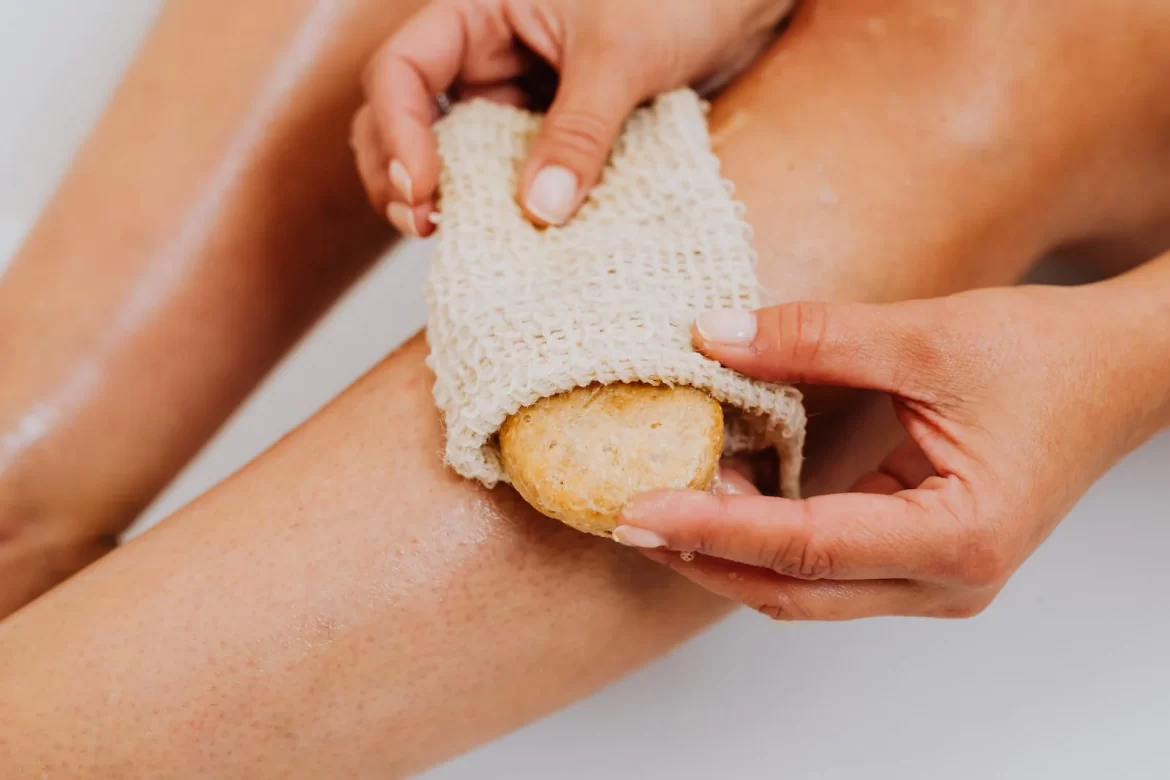Dermatologists agree that exfoliation is a great way to remove dead skin cells and reveal the youthful, radiant skin beneath the surface, but due to the recent rise in popularity of products that exfoliate skin cells, such as cell-scrubbing cleansers, toners, grains, and serums, many beauty enthusiasts are exfoliating their skin a little too vigorously and frequently.
Over-exfoliation happens more frequently than you might imagine. It can come from using exfoliating products that are too abrasive for your skin as well as from exfoliating too frequently. In either case, over-exfoliating gravely impairs your skin’s natural defenses.
Symptoms of over-exfoliation
- Itching and redness
- Scorching feeling
- Flakiness and dry spots.
- Several tiny pimples and more oil production.
- Intolerances to other skin care treatments that you used to be able to use with no problems.
- The skin has a shiny, waxy texture to it and starts to peel and fracture.
The variety of symptoms is clear. Because of this, it frequently takes them some time to realize that their issue is with excessive exfoliation. Once they do, though, there are several ways to treat over-exfoliated skin.

How to repair over-exfoliated skin?
1. Stop Exfoliating
If you believe that your skin has been over-exfoliated, the first thing you should do is stop exfoliating. This may seem apparent to some. Take at least four weeks off from exfoliating. Your skin will be particularly sensitive during this month-long period as your skin regenerates.
2. Avoid Using Harsh Ingredients.
Inflamed skin is frequently the result of excessive exfoliation. Even if you’ve been using the same product for years, your skin will undoubtedly react to it if it contains even a few harsh components. It’s time to conduct a stock check of all the items you use in your skin care regimen to avoid this from happening.
3. Use a milder cleanser now.
Harsh cleansers can also interfere with your skin’s natural defenses, so it’s not simply exfoliation that might be problematic. Allowing your skin to heal as rapidly as possible should be your top goal right now, so switch out any abrasive cleansers for gentler substitutes.
4. Moisturize your skin
Recall how we explained that excessive exfoliation damages the barrier that keeps your skin healthy.
That wall has two key functions:
- It stops evaporation by keeping moisture in the skin. This maintains the skin’s nutrition and hydration.
- It shields your skin from allergens and environmental pollutants.
Your skin is especially sensitive because that barrier has been inactive for a time. The greatest technique to protect it daily is to moisturize it frequently.

5. Start using Vitamin C serum
Antioxidants are among the most advantageous components you might be applying on your excessively exfoliated skin, which we’ve already covered. Although there are many various types of antioxidants, vitamin C is necessary. You undoubtedly already know how important vitamin C is for your body’s efforts to heal itself after an illness. The same is true for your skin as well, though!
6. Choosing the correct exfoliating product
Always perform a patch test before using a new exfoliating product for the first time. This will save you from having to deal with any responses that affect your entire face by ensuring that your skin can tolerate the new product appropriately.
There is no disputing that dealing with over-exfoliated skin can be challenging and distressing. If it has taken you some time to recognize that over-exfoliation is the cause of your problem, this is exacerbated even more because it means that you would have kept exfoliating your damaged skin.
Regardless of your skin type, exfoliation is a necessary component of any skincare regimen, but there is a thin line between it being helpful and detrimental.
Even the best among us occasionally over-exfoliates. Dealing with this skincare problem can be difficult due to increased sensitivity and irritations. Fortunately, by making a few adjustments to your regimen, you can restore your complexion.

